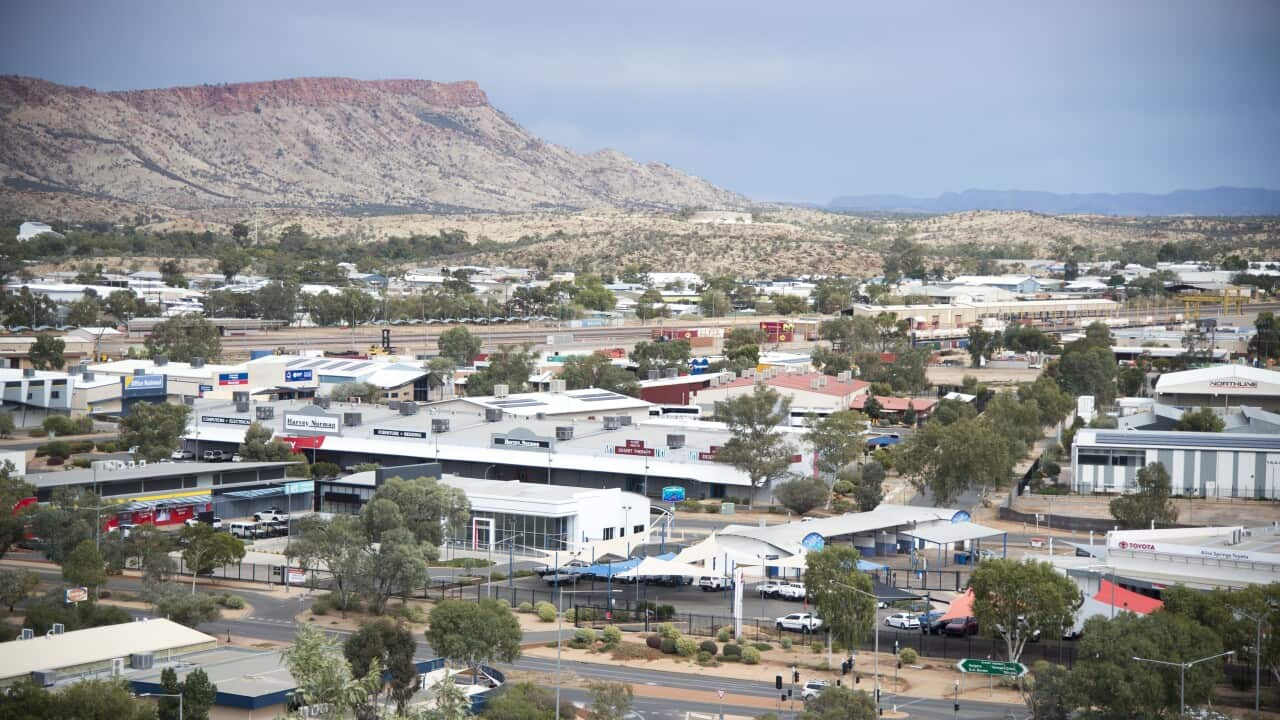"Pretty much all through my high school and all my school years, it's always been a bit hard for everyone else to pronounce," says the Sydney university student.
Despite facing challenges regarding other people mispronouncing her surname, the Education and International Studies double degree student is proud of her Filipino roots.
And she is determined to speak the Filipino language.
Highlights
- Whichever language we speak, it is a powerful means of communication.
- One's own language is an essential part of one's being, even more for those born in two different cultures.
- Trisha Calugay, whose parents are Filipino and Italian, takes pride in learning her parents languages and preserve to keep both their cultures.
In fact, she just recently completed a 5-week Level 1 of learning Filipino.
She wants to take it to a higher level and eventually become very fluent in it.
"I want to reach level 10. I want to feel confident in having a conversation with someone in Tagalog". The young lass knew that fluency is something she needs to work on, but her knowledge of the Filipino culture is impeccable.
The young lass knew that fluency is something she needs to work on, but her knowledge of the Filipino culture is impeccable.

"Level 10 in speaking. I want to be very fluent. I want to be able to understand the language without hesitation or questioning myself". Source: Trisha Calugay
And for her, it's significant to maintain both her parents' culture as that's what completes her and connects her whole family.
"I think Filipinos are very resilient. I noticed that whatever they are doing, whatever situation they are in, they're always smiling and they are happy to help," remarks Ms Calugay.
"Also, I've noticed that Filipinos also take a lot of pride in their families as well. All their generations and all their family members even like their closest friends are considered family."
Growing up in a Filipino-Italian family in Byron Bay, in New South Wales, English is the only language they speak at home. However, she and her three siblings were well aware of their cultural background. She knows how respectful Filipinos are and resilient amidst any disaster.
However, she and her three siblings were well aware of their cultural background. She knows how respectful Filipinos are and resilient amidst any disaster.

Trisha (3rd from left), with her 3 siblings and her dad (leftmost), and mum (rightmost). Source: Supplied by T. Calugay
She also grew up in a household where Filipino food is frequently prepared by her father.
Ms Calugay's family also often visited the Philippines to see their relatives in Pangasinan.
"I'm very thankful. I love to know this other side of the Filipino culture and how it's different to how all my friends in Australia are brought up. It's really good as I am culturally aware and more open-minded," she happily shares.
She hopes that young Australians with Filipino roots like herself can continue to learn and live on the exemplary Filipino values.
ALSO READ














